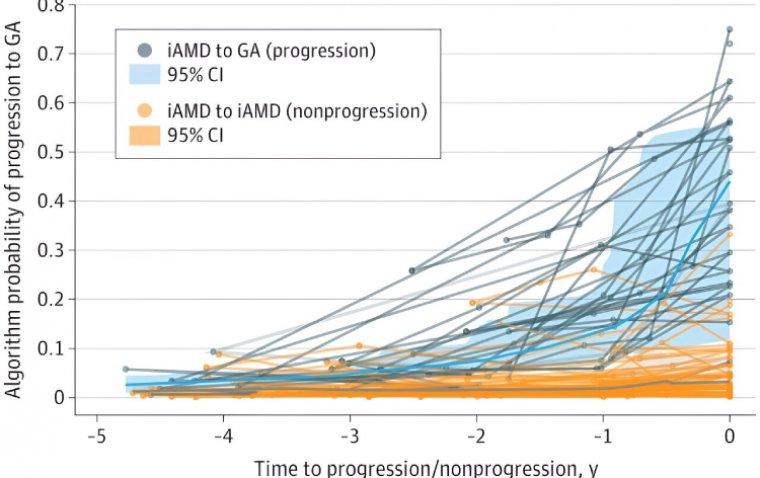
Whale Sharks Illuminate Genetic Basis of Night Blindness in Humans
The eyes of whale sharks, the largest fish in the world, possess a unique ability to see in complete darkness in the deep sea. This is due to a genetic mutation in their retinas, which interestingly causes night blindness in humans, according to a team of Japanese researchers.
The researchers from the National Institute of Genetics, Osaka Metropolitan University, Okinawa Churashima Foundation, and the Riken Center for Biosystems Dynamics Research, have discovered that the genetic mutation in the eyes of whale sharks triggers the activation of visual pigments that are sensitive to blue light. This is significant as blue light is the only color that penetrates the deep sea based on temperature changes.
While whale sharks are known to feed on plankton near the surface of the ocean, they also venture into the depths of nearly 2,000 meters, and much about their biology still remains a mystery.
In order to gain insights into the remarkable visual abilities of whale sharks in both bright surface waters and the dark depths of the sea, researchers conducted a study focusing on rhodopsin, a protein found in the retina of the eye that plays a crucial role in vision in low-light conditions.
Surprisingly, they discovered that rhodopsin in whale sharks, which is typically sensitive to green light, had undergone a mutation that made it sensitive to blue light, a unique adaptation for the species. This mutation resulted in a distinct amino acid composition in the protein, specific to whale sharks.
The same amino acid site in humans, when genetically altered, causes a condition known as congenital stationary night blindness, which leads to impaired vision in low-light environments. This finding sheds light on the intriguing genetic basis behind the remarkable visual abilities of whale sharks and their unique adaptation to their deep-sea environment.
The recent findings, published in the Proceedings of the National Academy of Sciences, reveal that the blue light-sensing pigments in whale sharks undergo adaptive changes based on temperature.
"While the rhodopsin in whale sharks degrades when exposed to heat, it functions effectively in the chilly waters of the deep sea," said Shigehiro Kuraku, a professor at the National Institute of Genetics involved in the study.
(1).jpg)










